The fourteenth series of Doctor Who returns to international screens imminently — and this time there’s a twist. Thanks to the heavy financial investment of Disney+, who have become co-financiers with the BBC, the show now has a considerably higher budget than it has done before, of around $130 million per season. Little wonder that the BBC’s director-general Tim Davie commented, only slightly tongue in cheek, that “we’ve got to thank – a lot – our partners, Disney+, who came on board so that the Doctor can travel even more widely across the planet in a slightly flashier Tardis.”
Still, the show has undergone something of a reboot, after the largely unsuccessful and unbeloved previous three seasons, starring Jodie Whittaker as the first female Doctor and with Broadchurch’s Chris Chibnall as showrunner. They were widely criticized alternately from the right being too “woke” and for pandering to excessive political correctness and from the left, brilliantly enough, for this political correctness only being skin-deep. Just as Loki was deservedly panned for suggesting that Tom Hiddleston’s character was bisexual but failing to indicate that he could ever fall in love or (God forbid) have sex with a man, so LGBTQIA+ characters duly and regularly appeared in the Chibnall universe, only to be killed off or marginalized immediately.
There was also the sense that, despite the apparently right-on casting of Whitaker, that the show needed greater diversity. Sir Lenny Henry, who had a guest appearance in one episode, publicly criticized the casting of the lead, saying “Why have we never had a black Doctor Who? They would rather have a dog do Doctor Who than a black person.”
It may have been with this in mind that Ncuti Gatwa, best known for his role in Sex Education, was cast as the Fifteenth Doctor, making his debut appearance in last year’s Christmas special, after a trio of specials in which the ever-popular David Tennant reprised his role as the Tenth Doctor, this time newly incarnated as the Fourteenth Doctor. The new showrunner Russell T Davies — nobody’s fool — has kept Tennant’s Doctor alive and well and presumably ready for more adventures, while ensuring that the focus now lies with Gatwa for the foreseeable future.
This was a smart decision, just as the three special episodes in which Tennant appeared opposite Catherine Tate’s Donna Noble felt like a tacit reboot of the show after the increasingly dismal Chibnall incarnation of it, letting fans have more of what they wanted. Yet even in the specials, all scripted by Davies, there was a sense of tokenism writ large; it was suggested, utterly gratuitously, that the Doctor was bisexual after finding none other than Isaac Newton hot. After he announced “Oh! Is that who I am now?” Noble replied “Well, it was never too far from the surface, mate.”
Davies has many skills as a writer, as anyone who has seen the recent A Very English Scandal or It’s a Sin can attest. He writes excellent, witty dialogue, has a real interest in big issue-led drama at a time when his colleagues are thinking smaller and his dedication to Doctor Who, which he rebooted in 2005 after it had been thought to have disappeared forever, is commendable. Yet his interest in LGBTQ (etc) issues can at times verge on self-parodic.
The antagonist in the second episode of the new series, for instance, is a strange-looking character called Maestro, played by none other than the drag queen Jinkx Monsoon, a regular on Ru Paul’s Drag Race. Gatwa is, of course, both black and gay — a first for the actor playing the Doctor — and Davies suggested that his casting tipped its hat both to mental health issues (“The one thing I keep seeing now is the fragility of the mental health of young people. So that’s the hero I wanted for them. If that younger audience is feeling so much, I wanted the Doctor to feel it on screen as well”) and Gatwa’s exuberant image, as seen to great effect in Sex Education, saying “I cast the man who couldn’t hide his emotion if he tried.” The cynical might suggest that such a concealment might be a prerequisite of a great actor.
It would be churlish not to look forward to the new installment of Doctor Who, mega-budget and all, but at a time when social and gender issues are causing furious debate, Davies has firmly placed his flag in one particular camp, establishing his show as perhaps the most overtly liberal mainstream entertainment in the English-speaking world. There is nothing wrong, and plenty right, with the casting of a diverse Doctor, but the emotional Gatwa is taking on a considerable legacy and will have to prove — as, alas, Whitaker largely didn’t — that he is up to the role on his own merits rather than through showrunners trying to make A Statement. We shall see if this is indeed the case shortly.



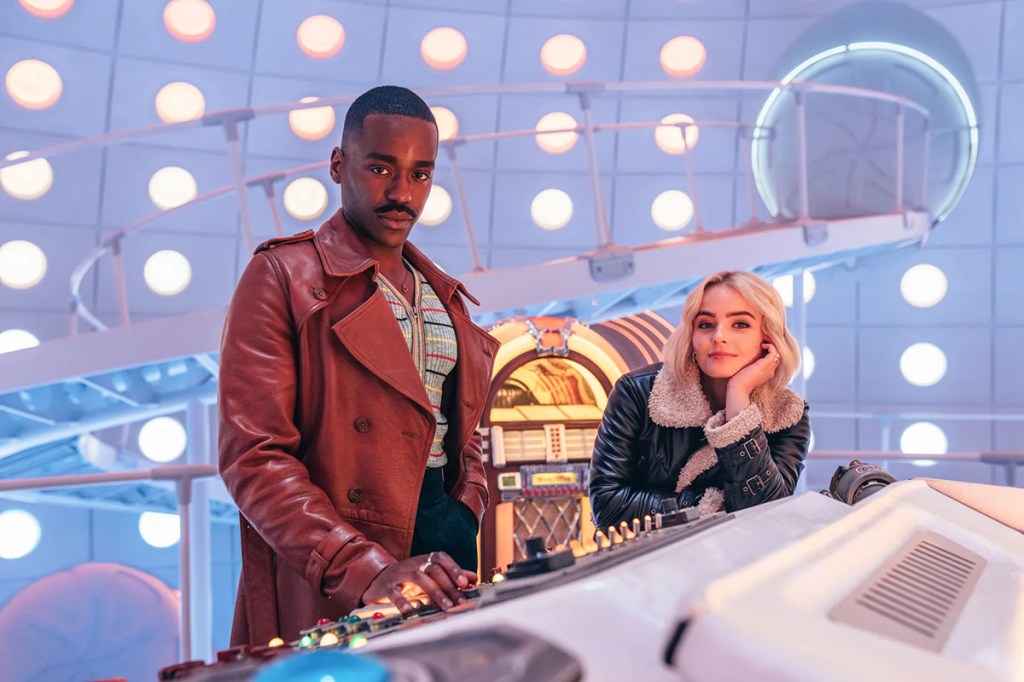



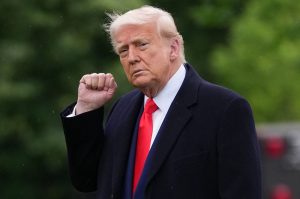

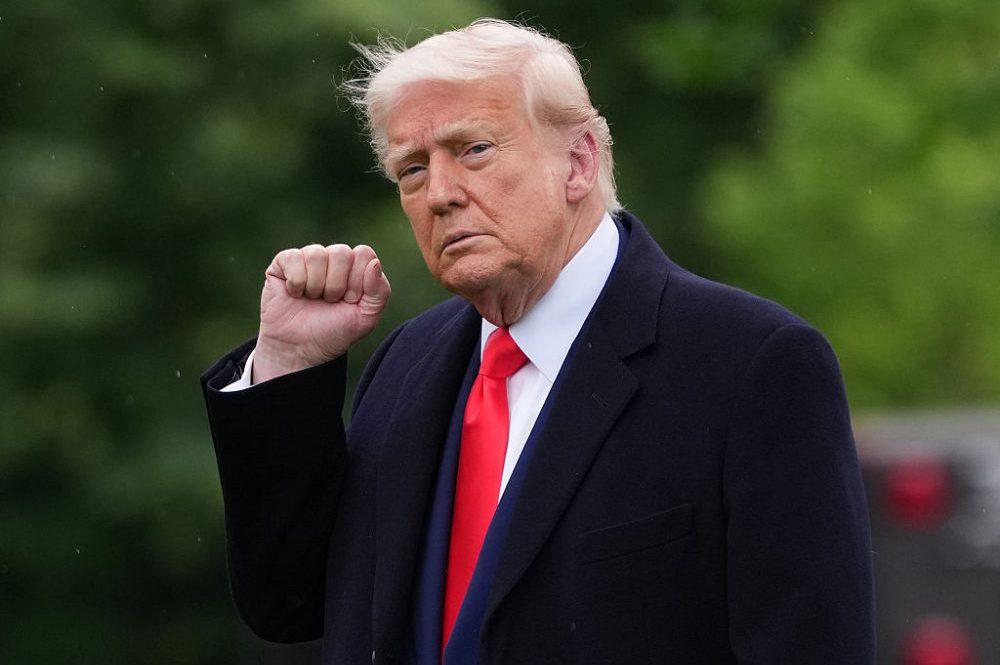

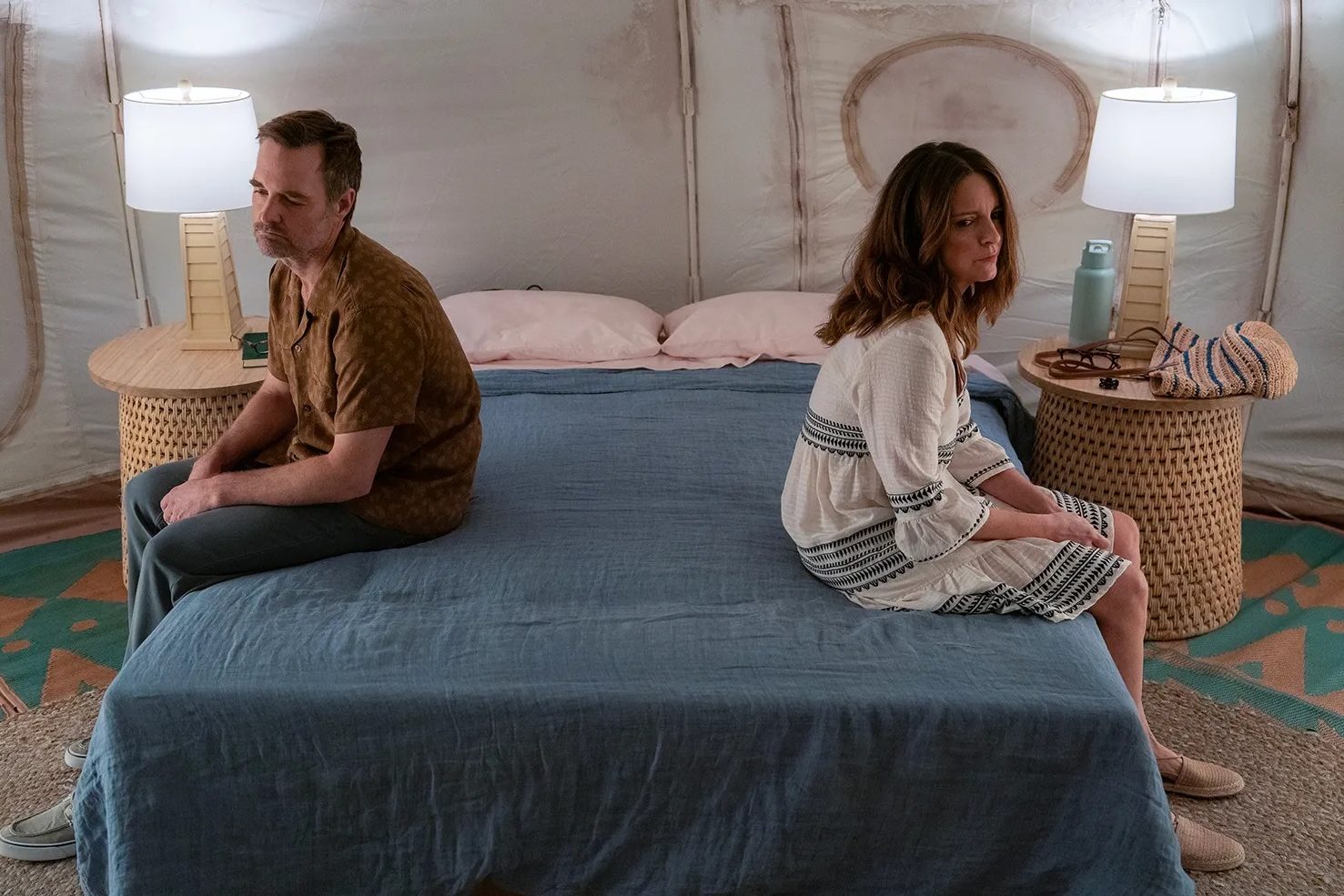
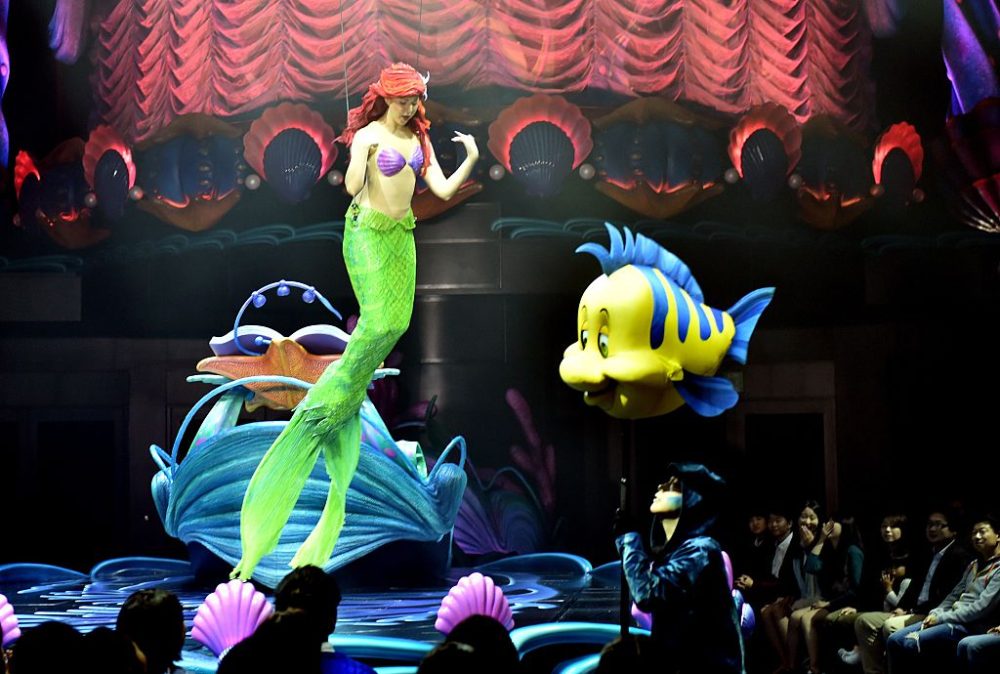

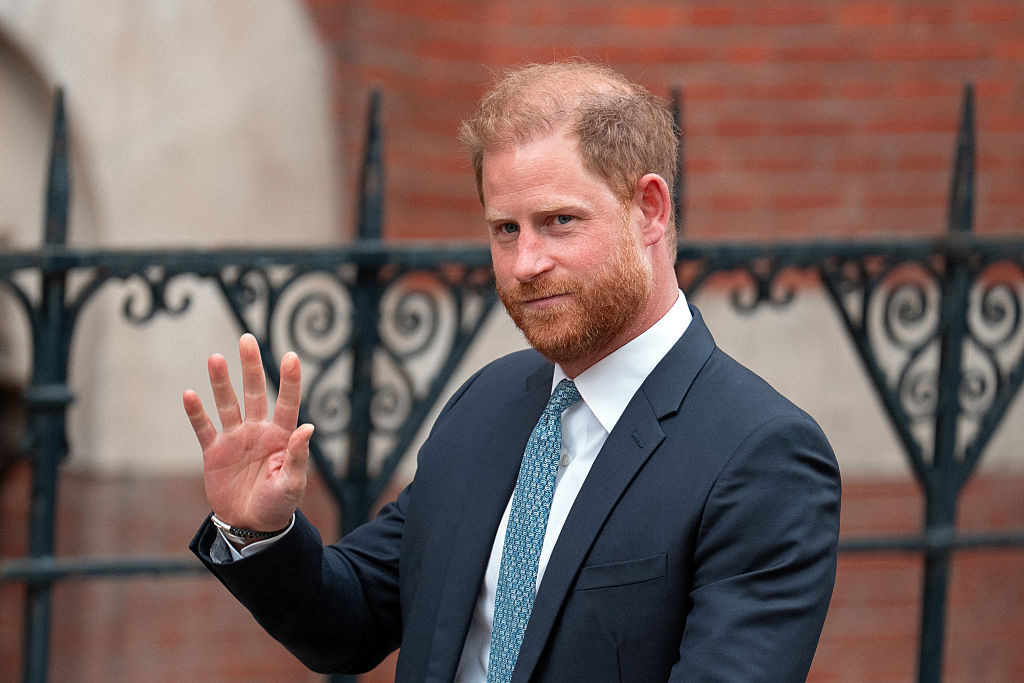







Leave a Reply